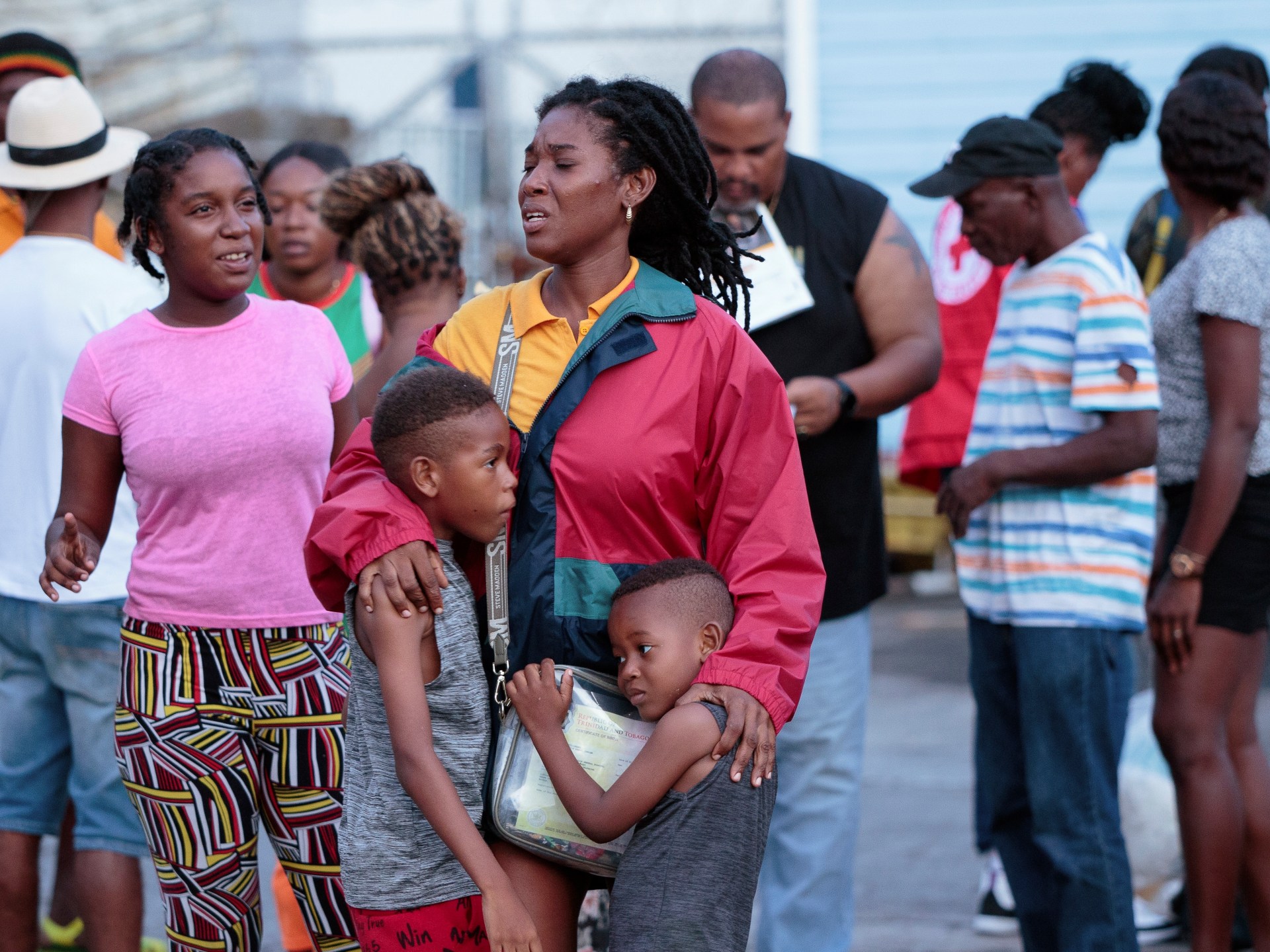
Beryl has been barreling through the Atlantic for more than a week, fuelled by exceptionally warm waters, and became the earliest Category 5 hurricane.
It decimated Caribbean islands like Barbados and Jamaica, with a pair of islands in Saint Vincent and the Grenadines almost entirely destroyed. It slammed into Mexico’s Yucatan Peninsula on Friday and struck Texas by Monday, each time regaining its strength over water.
In the US state of Texas, where Beryl made landfall as a Category 1 hurricane, the storm unleashed heavy wind and rain, toppling trees and power lines.
Beryl, which was subsequently downgraded from a hurricane to a tropical storm and then to a tropical depression, also knocked out power to millions of residents amid sweltering heat.
Boarded-up windows lined suburbs. Cars were stranded on flooded highways. After the worst of the storm passed, many residents worked to clear roads from tree branches and other debris.
Before it reached Texas, Beryl caused havoc in Tulum, Mexico, where tens of thousands were without power as it swept through the region as a Category 2 hurricane.
Wind and rain whipped the seaside city through Friday. Residents sheltered in schools and hotels, and officials patrolled beaches to evacuate residents and tourists.
Those displaced found some respite – and food – at shelters, with the army organising soup kitchens. Others risked travelling through heavily flooded streets.
But Beryl’s heaviest destruction was in the Caribbean, where entire towns – and even whole islands – were left decimated. It ripped roofs off homes and destroyed and tangled up boats on shorelines. Waves full of debris crashed onto the sand.
In Jamaica’s capital, Kingston, an arena was converted into a shelter with row upon row of thin beds and blankets.
The destruction Beryl left behind will need months, or even years, of rebuilding and recovery.










